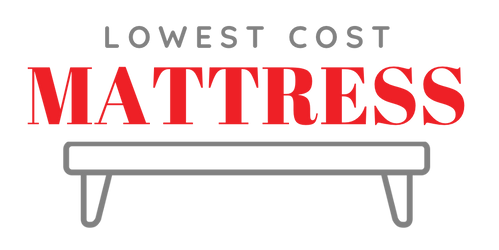
Rank #1 On Google and Get Found Faster
-
Conduct Keyword Research: Before you start optimizing your website, you should conduct thorough keyword research. This process involves identifying the words and phrases that your customers are using to search for products or services related to your business. Use keyword research tools to discover relevant keywords and their search volumes. Identify the most important keywords and incorporate them into your content.
-
Optimize On-Page Elements: Optimize your on-page elements, such as page titles, meta descriptions, headers, and URLs with your targeted keywords. Use descriptive, unique, and relevant titles that accurately reflect the content on each page. Ensure that your meta descriptions are also unique and informative and include your targeted keywords. Use header tags (H1, H2, H3) to structure your content and improve readability. Make sure your URLs are descriptive and easy to read.
-
Optimize Website Speed: Ensure that your website loads quickly on both desktop and mobile devices. Slow loading times can harm your search engine rankings and lead to a poor user experience. Use tools such as Google's Page Speed Insights to analyze your website speed and take steps to optimize it. You can compress images, minify code, and use caching to speed up your website.
-
Optimize for Mobile: In today's world, a large percentage of users browse the internet on mobile devices. Therefore, it's important to ensure that your website is mobile-friendly. Use responsive design to create a seamless experience across all devices. Make sure that all of your pages are easy to navigate and that your content is readable on smaller screens.
-
Create Quality Content: High-quality, relevant, and informative content is essential for ranking well in search engine results pages. Create content that addresses your target audience's questions and concerns and use your targeted keywords naturally throughout your content. Make sure your content is easy to read and formatted correctly. Use headings, subheadings, and bullet points to break up large blocks of text.
-
Build High-Quality Backlinks: Backlinks are a critical ranking factor for search engines. A backlink is a link to your website from another website. Focus on building high-quality backlinks from authoritative websites in your industry. You can do this by creating valuable content that other websites will want to link to, reaching out to influencers and bloggers in your industry, or guest posting on other websites.
-
Use social media: social media can help you reach a wider audience and drive traffic to your website. Create social media accounts for your business and share your content on these platforms. Use social media to engage with your audience, respond to customer inquiries, and share valuable information.
